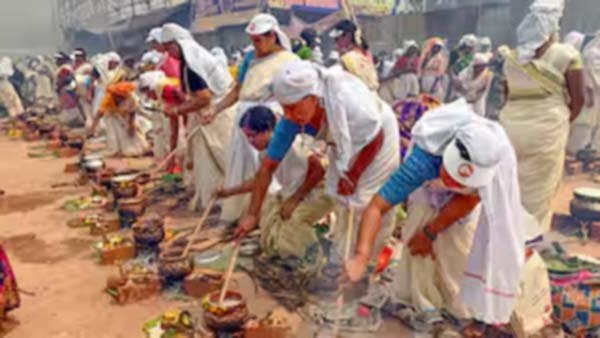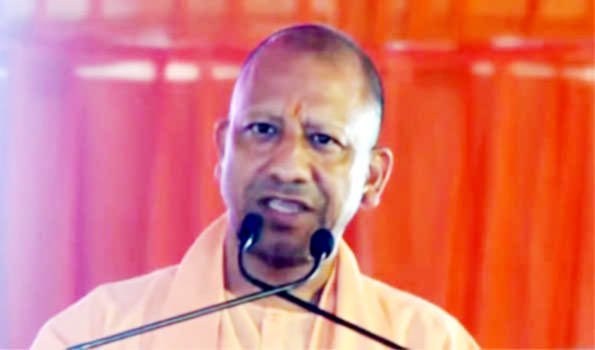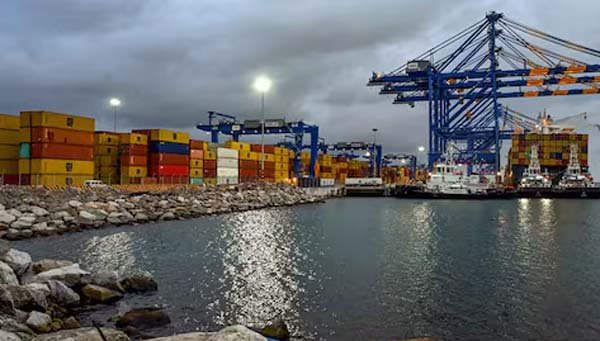New Delhi, Sep 19 (UNI) The Supreme Court today directed that status quo be maintained with respect to the Tomb of David Yale and Joseph Hynmers, situated inside the compound of the Law College within the Madras High Court campus.
A bench comprising Justice Vikram Nath and Justice Sandeep Mehta passed the order while issuing notice on a plea filed by Senior Advocate T Mohan, challenging the Madras High Court’s decision that ordered relocation of the tomb after holding that it did not qualify as an “ancient monument.”
Senior Advocate Shyam Divan, appearing for the petitioner, argued that the tomb was declared a protected monument by a notification dated January 20, 1921, issued under Section 3 of the Ancient Monuments Preservation Act, 1904.
He pointed out that under Section 3(4), such a notification is conclusive evidence of the status of the monument unless withdrawn.
Divan submitted that since no challenge was made to the notification, there was no scope for judicial scrutiny on whether the tomb qualified as ancient.
He further stated that after Independence, the tomb became a monument of national importance under the Ancient Monuments and Archaeological Sites and Remains Act, 1958.
The bench, after hearing the submissions, issued notice and ordered that the status quo be maintained.
The tomb, built by Elihu Yale, Governor of Madras (1687–1692), in memory of his son David Yale and his friend Joseph Hynmer, is now over 100 years old.
In 2022, respondent B. Manoharan approached the High Court seeking a declaration that the tomb was not an ancient monument and sought its relocation, citing parking and redevelopment issues on the Law College premises.
A Single Judge Bench of the Madras High Court allowed the prayer in July 2023, holding that mere existence for more than 100 years was insufficient to classify the structure as a protected monument under the 1958 Act.
A Division Bench of the High Court later upheld that decision.
Aggrieved, the petitioner approached the Supreme Court, which has now ordered status quo pending further proceedings.











